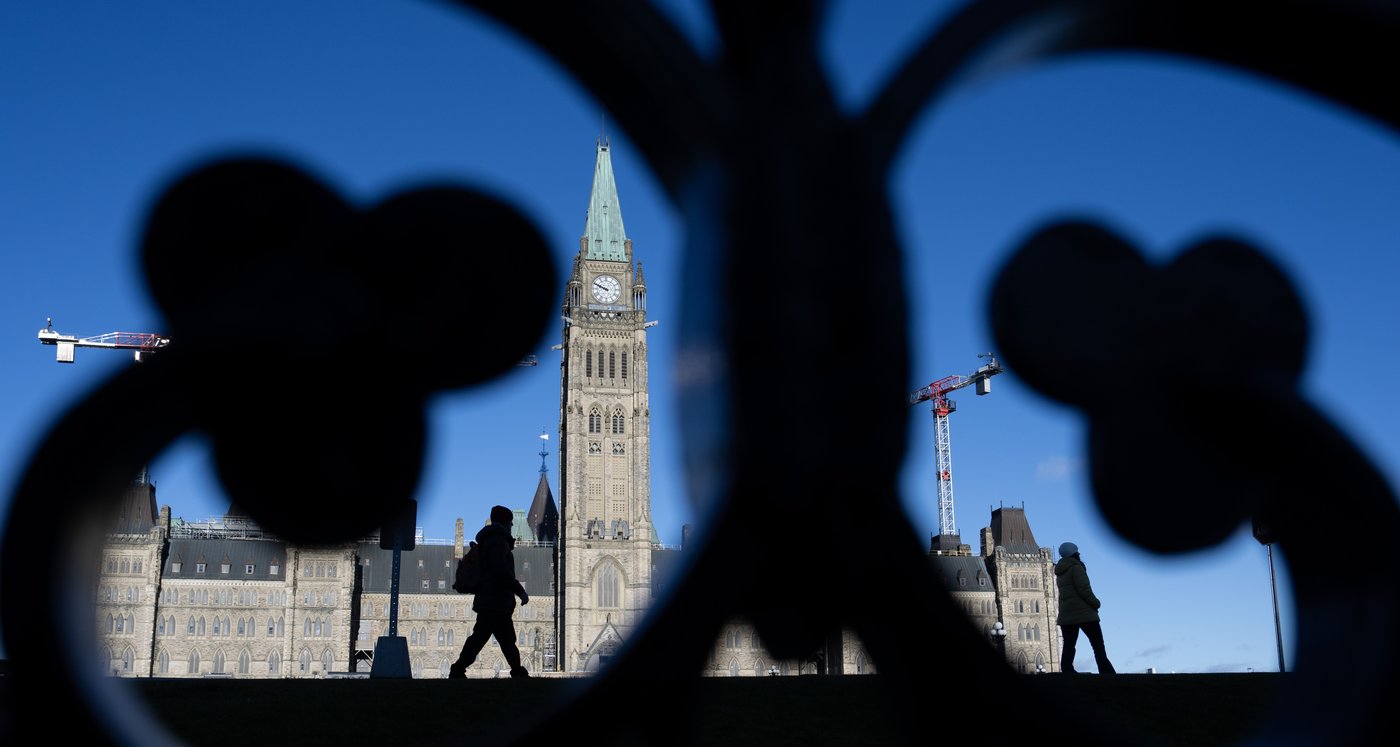Local News
UBC prof. explains what it means that Parliament is porogued

With Parliament prorogued, you may be wondering, ‘What happens next in the House of Commons?’
Most parliamentary business has been suspended until the start of the next session on March 24, and a UBC political science professor explains that the date of return is key.
First, Professor Emeritus Richard Johnston tells 1130 NewsRadio that legislation on Parliament’s current order paper essentially “dies.”
“Until it’s revived, if it’s revived in the next session,” Johnston explained.
“And at the end of the prorogation period, Parliament would be summoned back, and instead of immediately plunging into the business where they left off, there has to be a throne speech, which essentially is a statement of policy going forward. And that throne speech will be the thing that structures a confidence motion.”
He says given that all opposition parties have expressed their intent to bring down the current government, you can expect that confidence vote will fail shortly after the speech is presented and the country will be headed to an early election.
Prorogation doesn’t mean that the current government is dissolved, nor that the government is in caretaker mode — cabinet ministers and committees will still continue their work. But Johnston says its debatable how much they’ll actually accomplish.
“There won’t be the day-to-day meetings of the whole House with question period and points of procedure and so on. But there will still be a lot of cabinets, a lot of committee stuff,” said Johnston.
Johnston says the other question is how many cabinet ministers will end up putting their names forward to take over from Trudeau, noting that the prime minister implicitly suggested ministers should step down from their portfolios if they intend to campaign for leader.
“The implication is, if you can’t give it your full attention, then you should resign from cabinet. And that’s consistent with the history of leadership selection in this country in general, people who are running for the leadership of the party are going to be inevitably drawn into a discourse of criticism of each other, and perhaps even of certain elements of past party policy. That’s inconsistent with the with the convention of cabinet solidarity, so you either put your nose to the grindstone or you resign cabinet office.”
As for the date of return, Johnston says it likely wasn’t arbitrary.
“Parliament has to meet and pass ‘money bills,’ basically what are called ‘supply motions’ on an annual basis. There are ways around this, but you don’t really want to do them. And basically, in terms of days of the week, the fiscal year runs out on, I believe, the 28th of March. So that would be the last day before the end of the fiscal year that Parliament could do anything relevant to authorizing the expenditure of public funds,” he explained.
Any earlier, Johnston says, and Trudeau likely wouldn’t have time to select a leader that meets the criteria he mentioned in his resignation.
He says the timeline does not bode well for the country’s ability to address international issues like the tariffs proposed by the incoming U.S. administration.
“If it were the objective of all the players to actually, pragmatically deliver the kind of stability and credibility necessary to deal with Trump, we’d have had an election already. But the government of the day still tends to have considerable powers of agenda control on this matter. And it’s chosen, not surprisingly, not to plunge off the 20-metre board just yet.”












